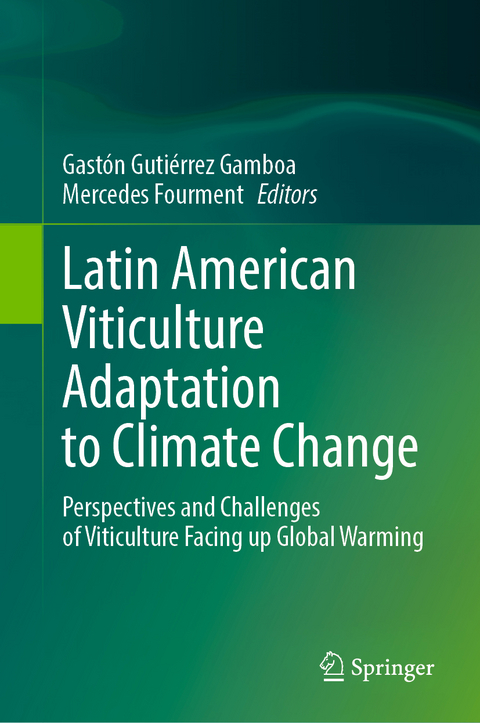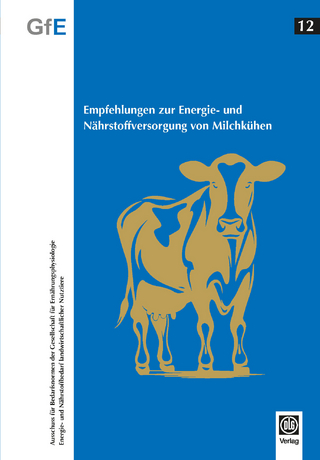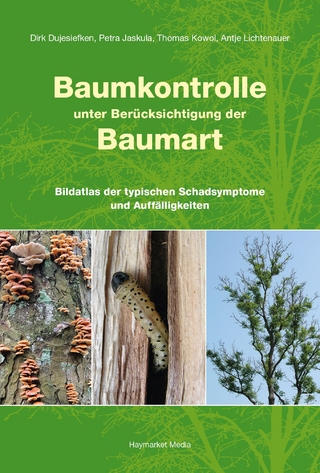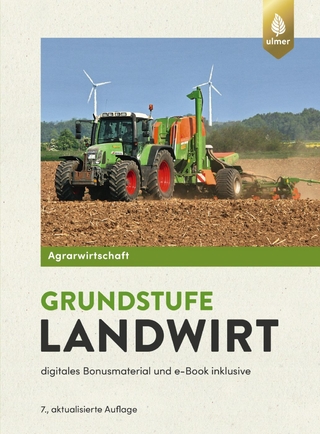
Latin American Viticulture Adaptation to Climate Change
Springer International Publishing (Verlag)
978-3-031-51324-4 (ISBN)
Latin American viticulture faces a wide range of difficulties that include social, political, economic, and productive aspects. Soil diversity, together with the climates in which the viticulture activity takes place, favours the production of grapes, juices, raisins, musts, wines, and distillates with unique and distinctive characters for the world. In addition, the great genetic diversity that covers autochthonous and minor grapevine varieties, including unknown genotypes, opens a wide range of research opportunities for the adaptation of the viticulture to the negative effects of global warming, favouring sustainability and social equity.
This book compiles the research about the new viticultural trends performed in diverse regions from Latin America such as Argentina, Brazil, Bolivia, Chile, Dominican Republic, Haiti and Uruguay, covering different topics in viticulture of global importance. This book addresses the impacts of soil and climatic conditions and viticultural practices on vine physiology, berry quality and wine typicity, including topics related to social sciences and agricultural economics. This will allow to provide a relevant discussion for future guidelines in viticulture under a territorial development perspective.
Gastón Gutiérrez Gamboa is Researcher in the Instituto de Investigaciones Agropecuaria. He holds a Ph.D in Enology, Viticulture and Sustainability from Universidad de La Rioja, Spain, a Master's degree in Horticulture and a Bachelor's degree in Agronomy from Universidad de Talca, Chile, with studies in oenology and viticulture in l'Ecole Supèrieure d'Agricultures, France. His research focus lies on broad areas of viticulture mainly on grapevine production and grape quality. He has been involved in different national and international research projects focusing on the impact of terroir and cultural practices on grape and wine quality resulting in more than 70 scientific articles. He has acted as referee for high impact journals related to food chemistry, agriculture and horticulture and is part of the editorial board of Ciência e Técnica Vitivinícola and Revista Iberoamericana de Viticultura, Agroindustria y Ruralidad, Plants and Frontiers in Horticulture journals.
Mercedes Fourment is a Professor in Agronomy at Universidad de la República, Uruguay. She obtained her degree in Agronomy Engineering from the Universidad de la República, Uruguay, her Master's degree in "Vigne et Terroir" program from the Université de Bourgogne, France. She holds a Ph.D. in Agronomy from Universidad de la República, Uruguay and Ph.D. in Geography from Université Rennes 2, France. She has been involved in different national and international research projects on the contribution of sustainable viticulture production systems in the context of climate change. She has written twelve scientific papers and more than 15 participations in regional and international congresses on viticulture in the last 5 years. She has acted as a referee in different academic journals related to agronomy and climate analysis related to production systems.
Chapter. 1. Opening remarks and general overview of Latin American viticulture.- Chapter. 2. The history of winemaking in Latin America and new trends: identity, market and consumption.- Chapter. 3. Sustainability of Latin American Viticultural firms. Sustainability frameworks development in a context of global challenges.- Chapter. 4. Tropical viticulture in Brazil: São Francisco Valley as an important supplier of table grapes to the world market.- Chapter. 5. Heavy metal stress response in plants and their adaptation.- Chapter. 6. The cradle of Chilean wine industry? The vitiviniculture of the Pica Oasis.- Chapter. 7. Recovering the Asoleado: a heritage of the rainfed of Maule Valley.- Chapter. 8. Terroir and typicity evolution of different Uruguayan wine-regions.- Chapter. 9. Adaptation to climate change and variability for viticulturists in Uruguay.- Chapter. 10. Climate change adaptations of Argentine viticulture.- Chapter. 11. Autochthonous grapevine varieties from Argentina.- Chapter. 12. Impact of climate change on Argentinean viticulture: if we move to the south, what may be the effect of wind.- Chapter. 13. Growing vines in the Mapuche heartland: the first report about the vitiviniculture of the Araucanía Region.- Chapter. 14. Heroic viticulture in Itata Valley, Chile: characteristics and challenges for the development of unique wines in southern Chilean vineyards.- Chapter. 15. Concluding remarks and future directions.-
| Erscheinungsdatum | 22.03.2024 |
|---|---|
| Zusatzinfo | X, 240 p. 12 illus. |
| Verlagsort | Cham |
| Sprache | englisch |
| Maße | 155 x 235 mm |
| Themenwelt | Weitere Fachgebiete ► Land- / Forstwirtschaft / Fischerei |
| Schlagworte | berry quality • climate change adaptation • subtropical viticulture • table grape production • Terroir • viticultural heritage • wine typicity |
| ISBN-10 | 3-031-51324-X / 303151324X |
| ISBN-13 | 978-3-031-51324-4 / 9783031513244 |
| Zustand | Neuware |
| Informationen gemäß Produktsicherheitsverordnung (GPSR) | |
| Haben Sie eine Frage zum Produkt? |
aus dem Bereich


